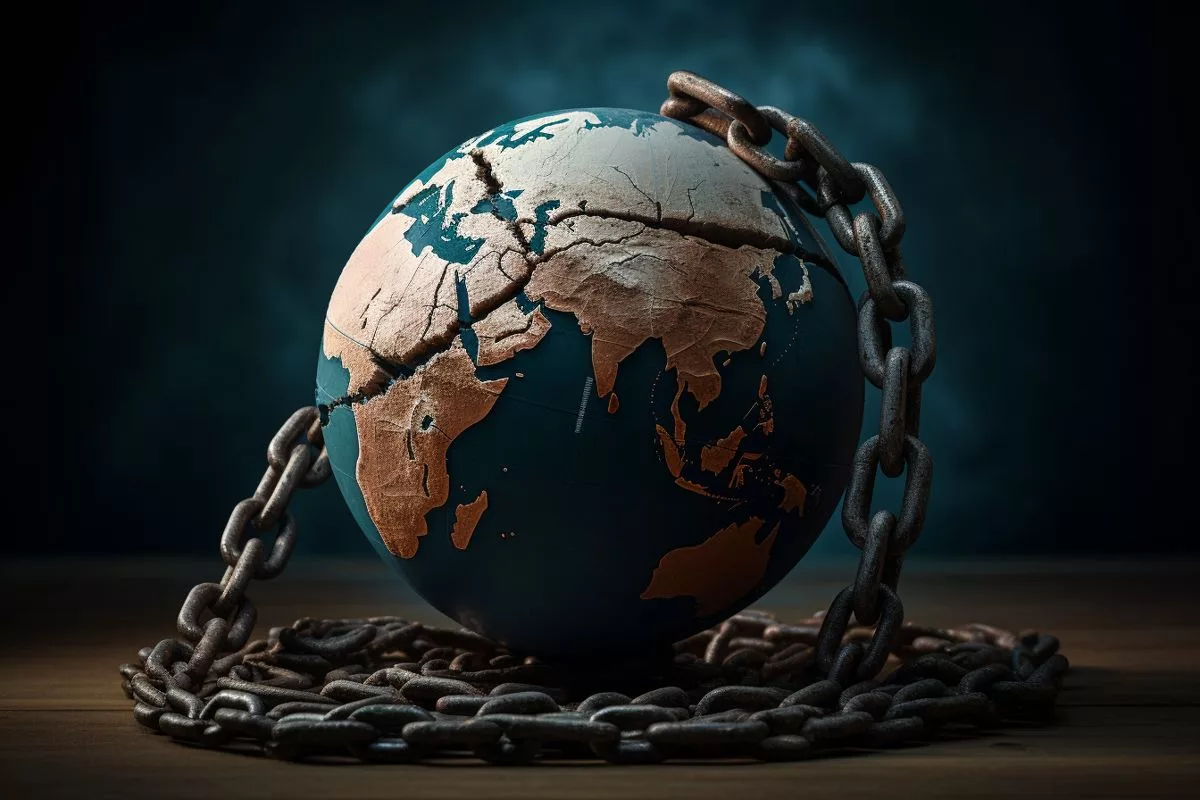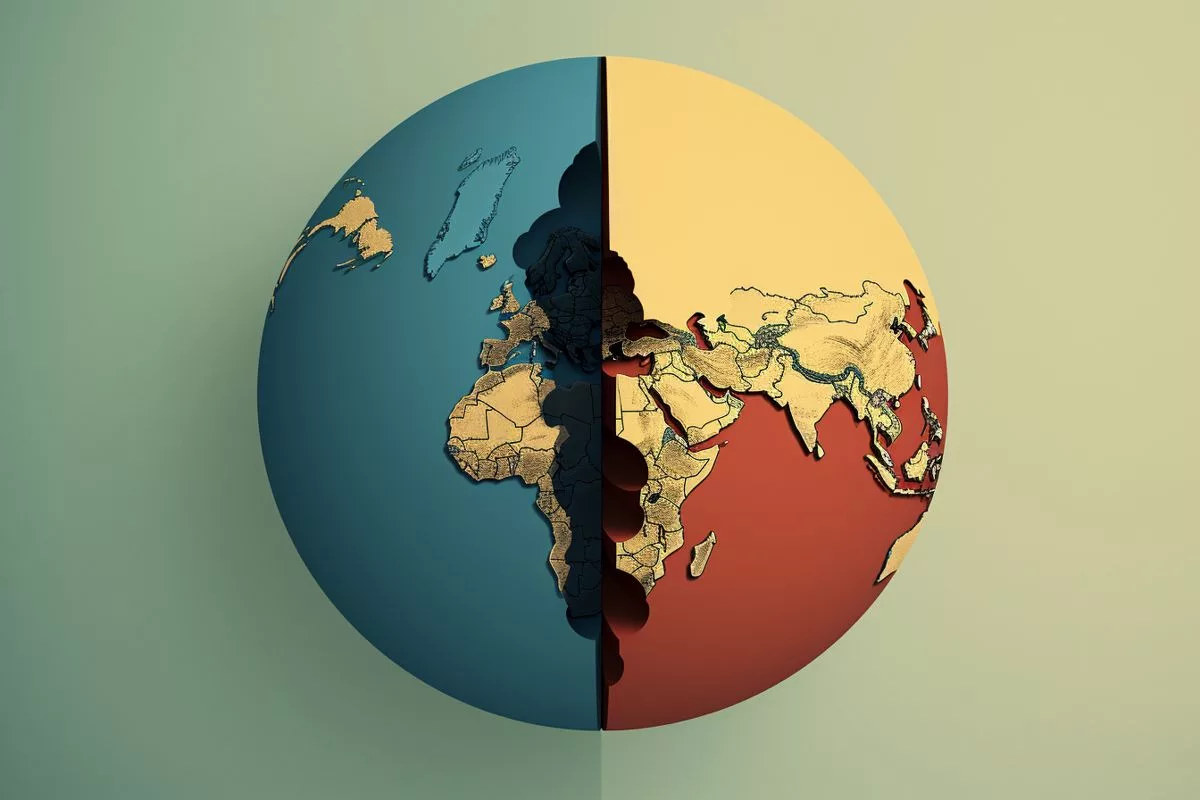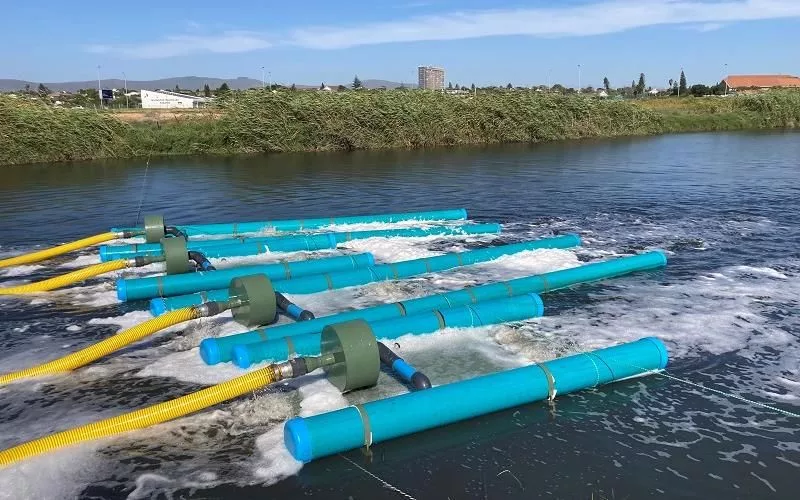South African President Cyril Ramaphosa delivered a passionate speech at the 28th United Nations Climate Conference in Dubai (COP 28), calling for unity, transformation, and climate justice. Ramaphosa emphasized the need for a united front against the environmental crisis and immediate and transformative action, urging countries to align their perspectives on the transformation of financial systems and sustainable development initiatives. He also highlighted the principle of climate justice and the need for developed countries to provide necessary resources and support. Ramaphosa’s address was a powerful call for cooperation, transformation, and justice in the face of climate change.
A United Front on Climate Change
South African President Cyril Ramaphosa calls for unity, transformation, and climate justice at the 28th United Nations Climate Conference (COP 28) in Dubai. He emphasizes the need for a united front against the environmental crisis and immediate and transformative action. Ramaphosa also highlights the principle of climate justice, advocating for equity and fairness in addressing climate change and for developed countries to provide necessary resources and support.
A United Front on Climate Change
The 28th United Nations Climate Conference in Dubai (COP 28) marked a significant turning point in the global battle against climate change. A highlight of this groundbreaking event was the inaugural G77 + China Summit where South African President Cyril Ramaphosa delivered a stirring call for unity, transformation, and climate justice.
President Ramaphosa emphasized the role of unity in combating the environmental crisis. He implored the Group of 77 and China, which together represent the majority of the world’s population hailing predominantly from developing economies, to band together. Ramaphosa highlighted the shared plight of these nations, which suffer from the severe impacts of climate change despite contributing minimally to its cause.
Ramaphosa’s appeal was not just for unity, but also for action – immediate and transformative. He urged countries to align their perspectives on the transformation of financial systems and reforms within multilateral development banks. His objective was to strengthen sustainable development initiatives rather than sideline them. He reiterated the urgency of this matter, stressing the need for a synergy between climate action and poverty eradication.
Climate Justice: A Call for Equity and Fairness
The South African President also shed light on the principle of climate justice. He posited this as each nation’s sovereign right to select its route toward shared goals, an aspect that is especially relevant for developing economies. He stressed that developed countries must provide the necessary resources and support, recognizing the unjust predicament where those least responsible for climate change suffer the most.
Ramaphosa built on the momentum from the previous year’s African COP in Sharm el-Sheikh. He appealed for COP28 to adopt a comprehensive view of transitioning towards sustainable societies. He argued that this vision encompasses a much-needed just transition, where climate action is seamlessly integrated into broader sustainable development plans.
The President proposed that exporters of strategic minerals and rare earths, which play a crucial role in green development, must work together to ensure equal opportunities in the emerging economy. He asserted that these natural resources should be harnessed to bolster sustainable development, not simply exploited for profit.
Shaping the Future through Technology and Collaboration
Ramaphosa further highlighted the importance of technology and skills transfer. He advocated for a shift in perspective, viewing access to climate change adaptation and mitigation technologies as a global public good rather than a commodity driven by commercial interests.
In a strong call for unity, Ramaphosa encouraged the group to oppose climate action disguised as unilateral coercive measures, such as carbon border taxes that could potentially disrupt climate finance flows. He viewed this as a chance to reshape the narrative of climate action, acknowledging the rights and contributions of developing economies.
In conclusion, President Ramaphosa entreated the G77 and China to use the COP28 platform to honestly assess the victories and pitfalls encountered thus far and propose proactive recommendations. He viewed this as an opportunity to integrate the vision of a just transition into the new work programme on Just Transition Pathways.
Echoing a Global Cry for Justice and Collaboration
Ramaphosa’s address was a powerful call for cooperation, transformation, and justice in the face of climate change. He urged countries to unite, cooperate, and speak as one at COP 28. His speech vividly underscored the idea that the fight against climate change is not solely a battle for survival but also a struggle for equity and justice. His words were an earnest appeal to the world’s nations’ collective conscience, a call to unity in action, and a challenge to reshape our planet’s future.
What is COP 28?
COP 28 is the 28th United Nations Climate Conference, a global event where member countries come together to discuss and address the issue of climate change.
What did South African President Cyril Ramaphosa call for at COP 28?
President Ramaphosa called for unity, transformation, and climate justice at COP 28. He emphasized the need for a united front against the environmental crisis and immediate and transformative action. Ramaphosa also highlighted the principle of climate justice, advocating for equity and fairness in addressing climate change and for developed countries to provide necessary resources and support.
Why is climate justice important?
Climate justice is important because it addresses the unequal distribution of the effects of climate change, where those least responsible suffer the most. It advocates for fairness and equity in addressing climate change and for developed countries to provide necessary resources and support.
What role does technology play in addressing climate change?
Technology plays a crucial role in addressing climate change by providing adaptation and mitigation solutions. Access to climate change adaptation and mitigation technologies should be viewed as a global public good rather than a commodity driven by commercial interests.
What is a just transition?
A just transition is the idea of integrating climate action into broader sustainable development plans and ensuring that everyone benefits from the shift towards a low-carbon economy. It aims to minimize the negative impact on workers and communities that may be affected by the transition.
What was President Ramaphosa’s proposal for exporters of strategic minerals and rare earths?
President Ramaphosa proposed that exporters of strategic minerals and rare earths work together to ensure equal opportunities in the emerging economy. He asserted that these natural resources should be harnessed to bolster sustainable development, not simply exploited for profit.








